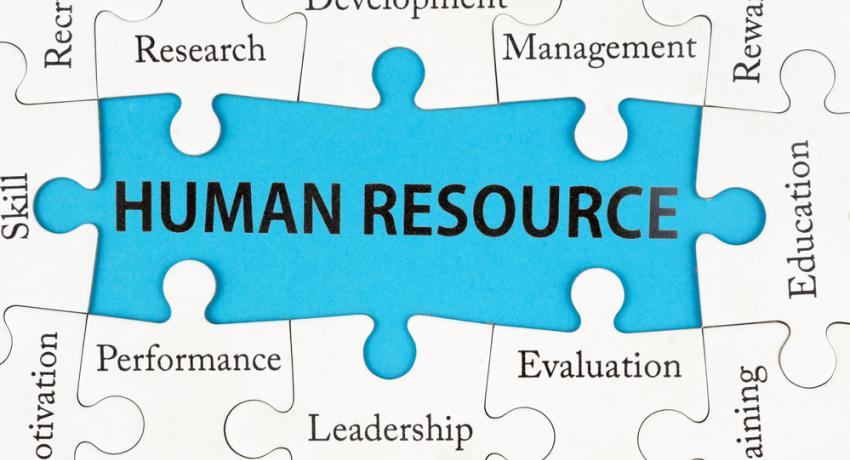Vision of HRHD-I LEO is to have an adequate number of well qualified, motivated, competent and compassionate health workers contributing to the health sector vision of Ethiopia.
The HRHD-I LEO strategically focuses on ensuring the availability of an adequate number of well-qualified health professionals with an appropriate mix of skills; equitably distributed, motivated, retained, and perform well to achieve universal access to health care in Ethiopia.
Lead Executive Office role and responsibility
- Determine the number and type of workforce required to the health sector
- Design health professional’s competence, curricula and scope of practice.
- Ensure the availability of selected priority cadres including specialty and sub-specialty professional categories.
- Support the health extension workers and other mid-level trainings
- Strengthen passion-based student selection
- Manage the Ethiopian Residency Matching Training Programs (ERMP)
- Support the proportion of women health workers in the field of medicine, medical specialty and sub-specialty in the active health workforce.
- Lead the public health training , the Field Epidemiology training program and other demand driven training programs
- Strengthen the quality of health science education and training comprising pre and in-service training
- Support the health science and training institutions with necessary skill laboratory materials for teaching aids
- Expand specialties and subspecialties programs to develop teams of health workers.
- Strengthen the digital learning technologies and promote the use for health professional education
- Working on academic service integration
- Support Health Science Education Development Centers (HEDCs) in all public and private higher education institutions.
- Ensure access and regulation of continuing professional development (CPD)
- Increase the number of accreditors and providers
- Expand online and face to face trainings for health professionals
- Support CPD governance up to the lower level of implementations
- Strengthen health workforce motivation mechanism and ensure accountability
- Strength health workforce evidence and use for demand driven-health workforce forecasting, planning, and development
- Work on integrated Human Resource Information System (iHRIS)
- Strengthen the implementation of National Health Workforce Accounts (NHWAs)
- Provide support on HRH planning, forecasting and projection to RHBs
- Work in collaboration with professional associations and line ministries
- Strengthen Public-Private Partnership (PPP) for leveraging of the practicum sites (public, private and affiliates) for quality.
- Work with national and international organizations to strengthen, collaboration, networking and global experiences
- 413 views



